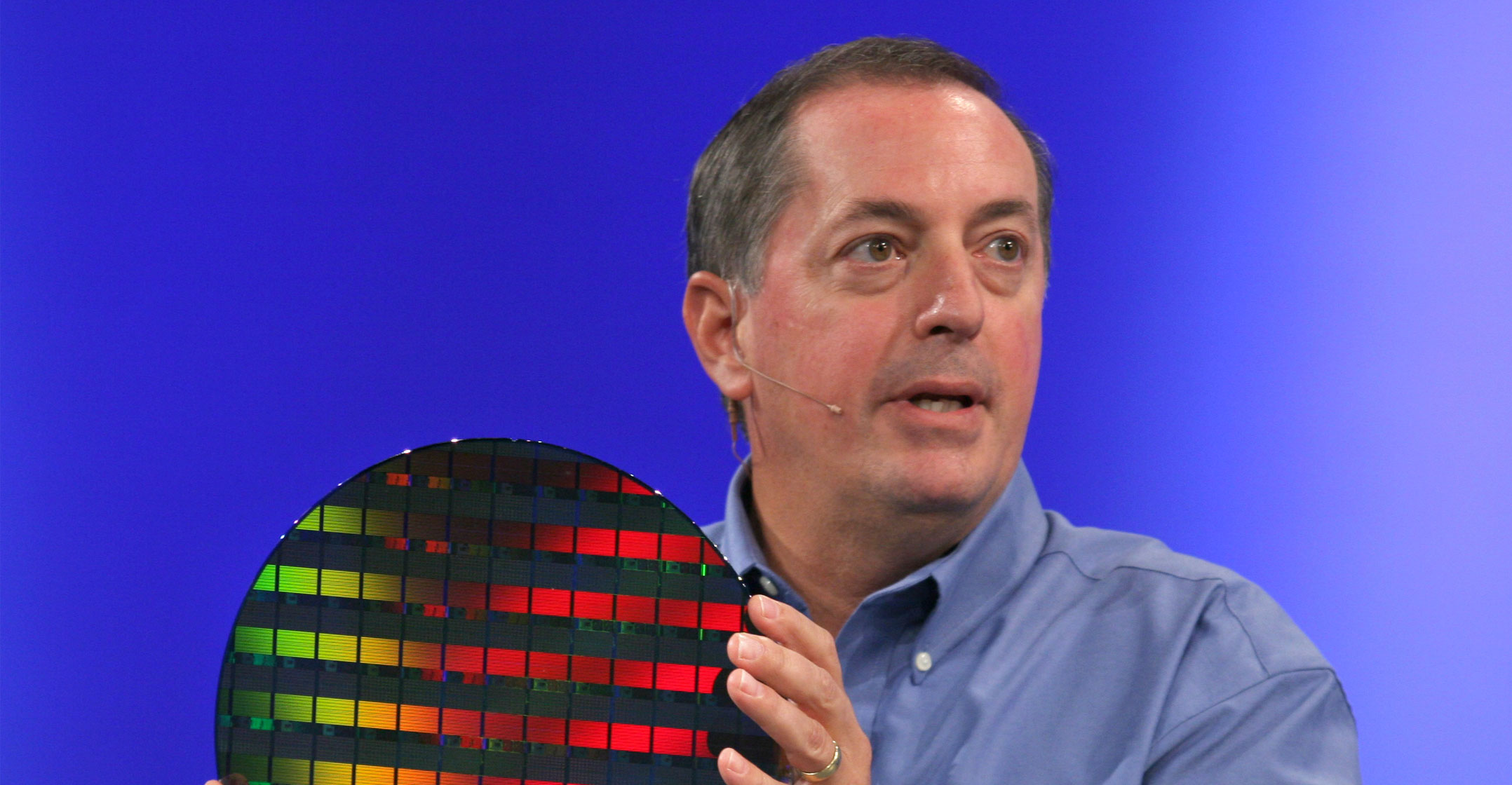
Paul Otellini, the former CEO of Intel, has died at the age of 66, the chip maker said in a statement.
Otellini served as Intel’s CEO from 2005 until retiring in 2013. He handed the reins to current CEO Brian Krzanich. Otellini also served on the board of directors for Alphabet. He joined Intel in 1974 and held executive positions in sales, marketing and chip architecture, as well as being chief operating officer and president of the company. He made his name overseeing the introduction of the Pentium processor in 1993.
Krzanich said Otellini “was the relentless voice of the customer in a sea of engineers, and he taught us that we only win when we put the customer first”.
During his tenure, Otellini helped the chip maker increase its annual revenue more than 55% and made several moves, including putting greater emphasis on processors for the lucrative computer server market, that pushed the company to record profits. He also oversaw key initiatives such as the partnership with Apple to bring Intel processors to Mac computers. Still, Intel was late into the market for mobile devices and investors weren’t always satisfied with the company’s performance, as the shares declined almost 20% during his eight years at the helm.
“His tenure was marked by some triumphs as well as some missteps,” said Stacy Rasgon, an analyst at Sanford C Bernstein & Co. “Intel got really big, their margins expanded. He presided over key revenue growth and gross margin expansion.”
To be sure, upon Otellini’s retirement, Intel lagged behind in mobile, garnering only 1% of the chip market for smartphones and tablets. Today, Intel has expanded its mobile business by supplying cellular modems for smartphones such as Apple’s iPhone.
Fuelled growth
“Paul’s business acumen, optimism and dedication fuelled our growth throughout his tenure as CEO,” Intel chairman Andy Bryant said in a statement. “His tireless drive, discipline and humility were the cornerstones of his leadership.”
Otellini was born in San Francisco. He received a bachelor’s degree in economics at the University of San Francisco in 1972 and a master’s degree in business administration at the University of California at Berkeley in 1974 before joining Intel. He was the company’s first CEO with an MBA and the first without a PhD. — Reported by Mark Gurman, (c) 2017 Bloomberg LP

